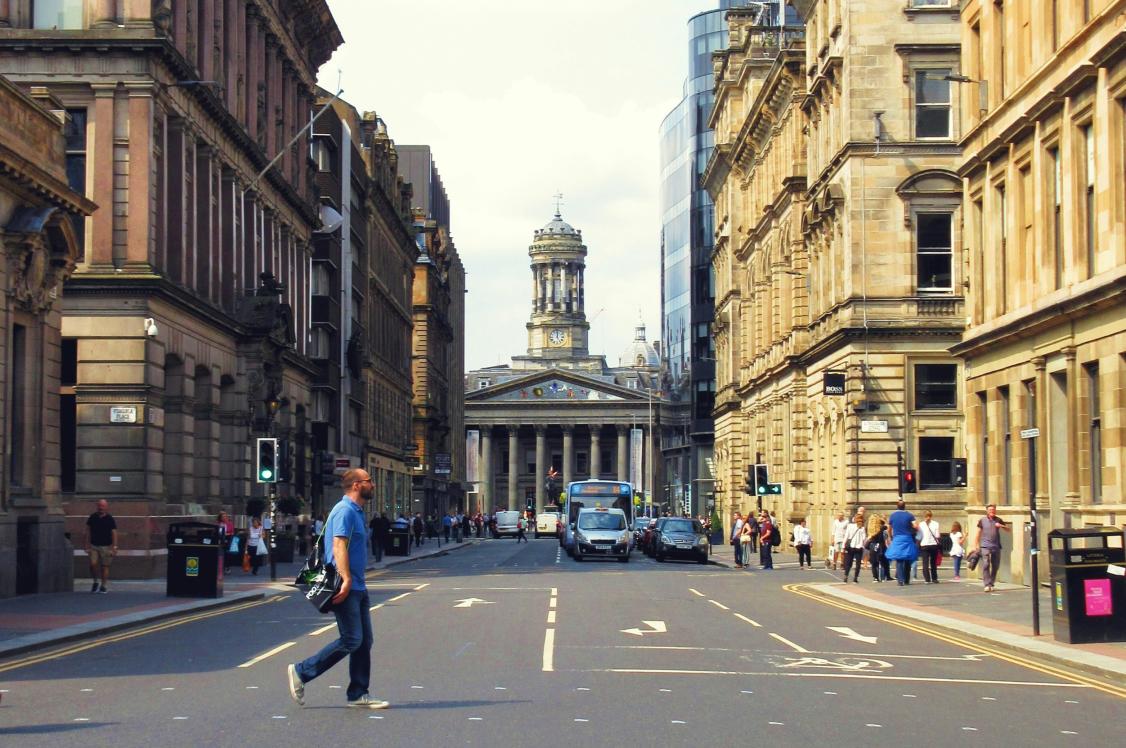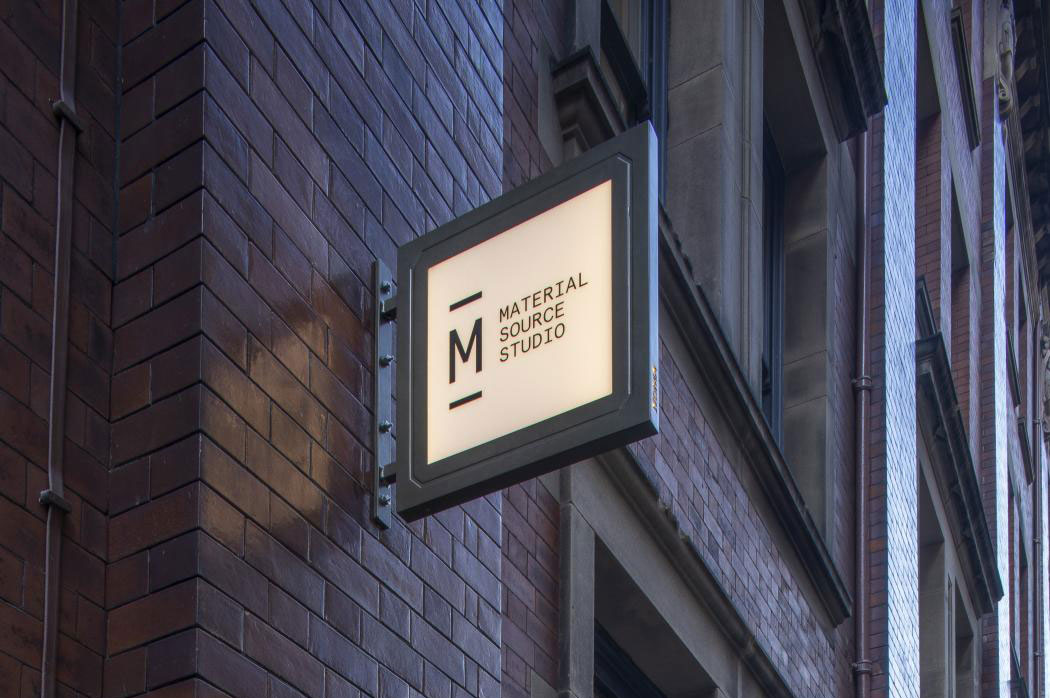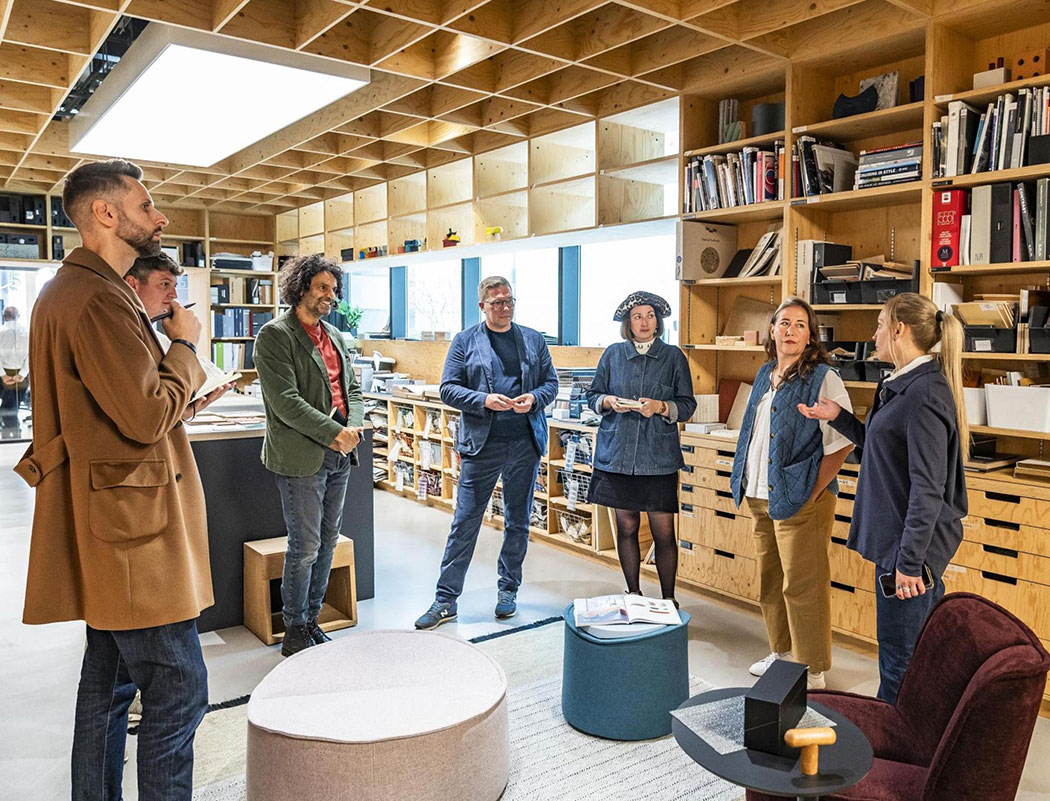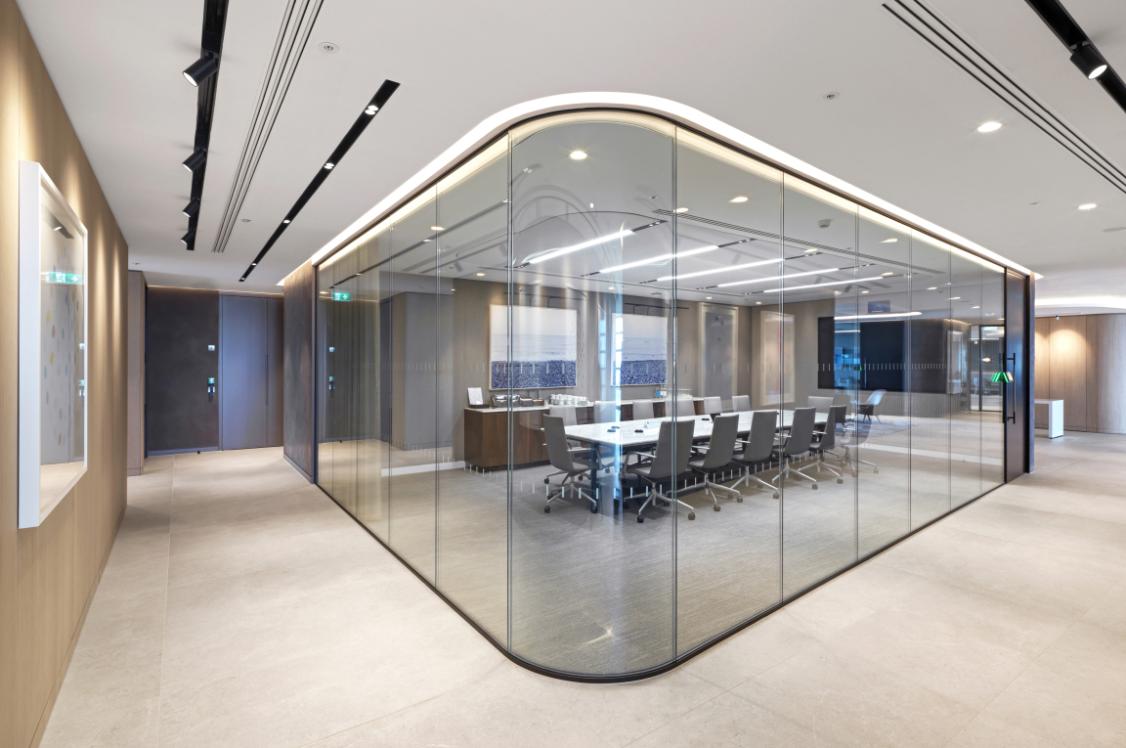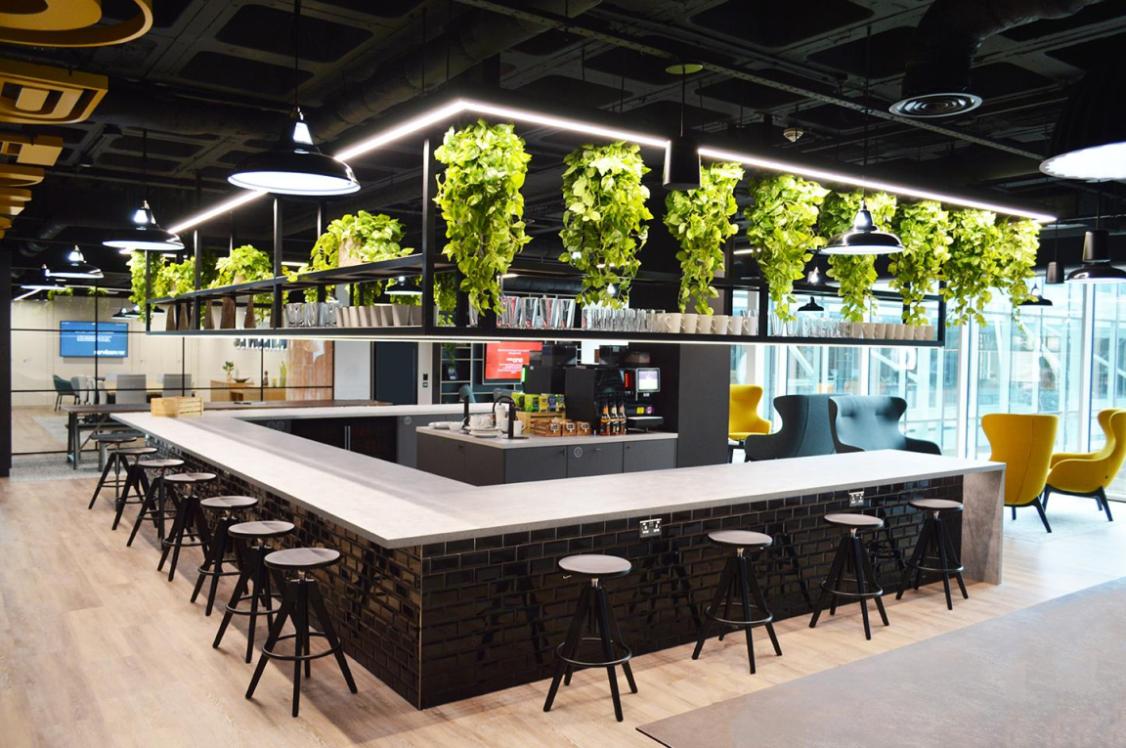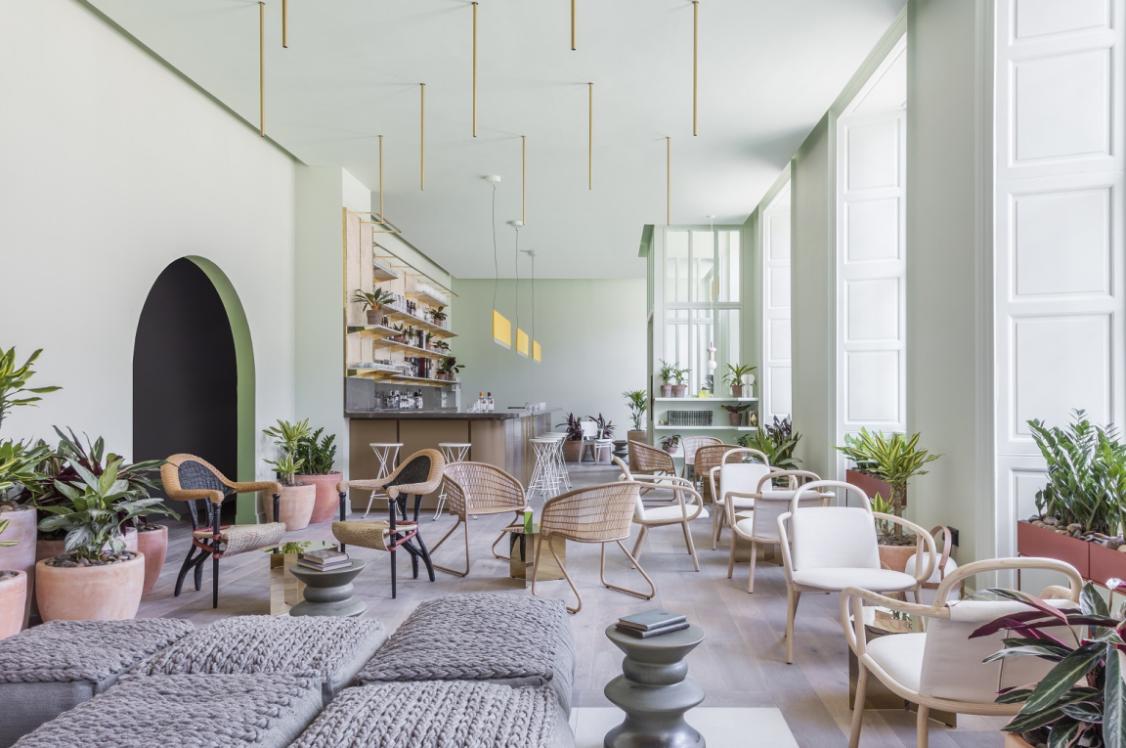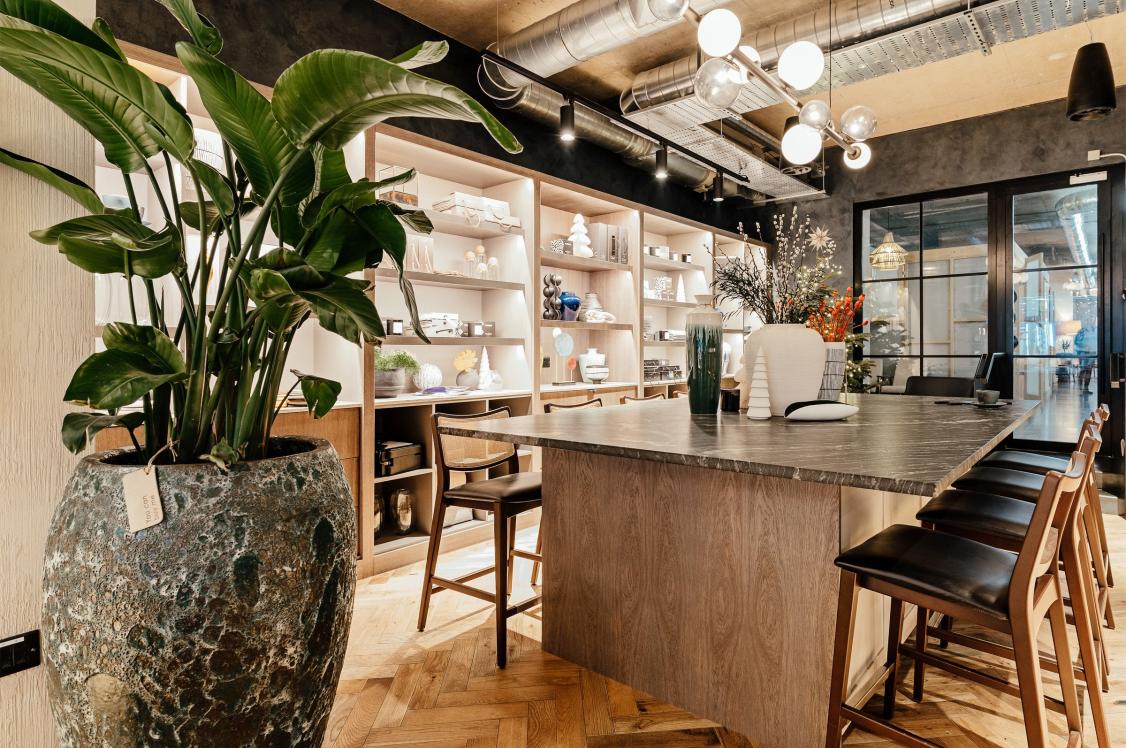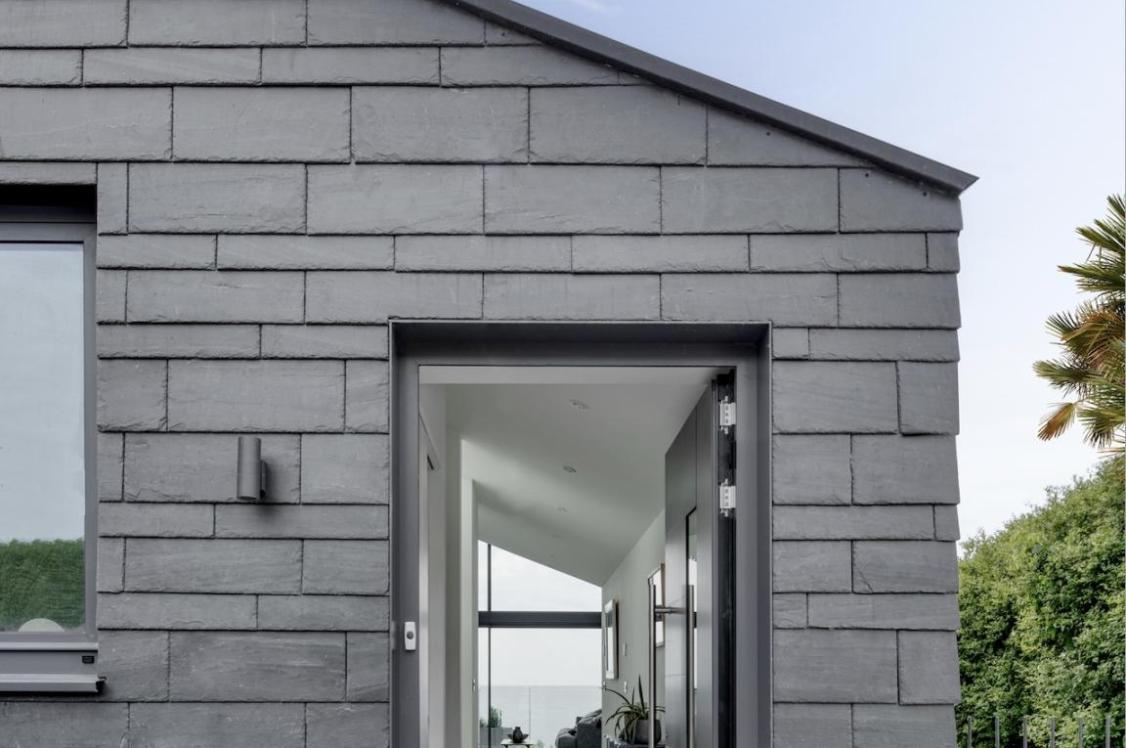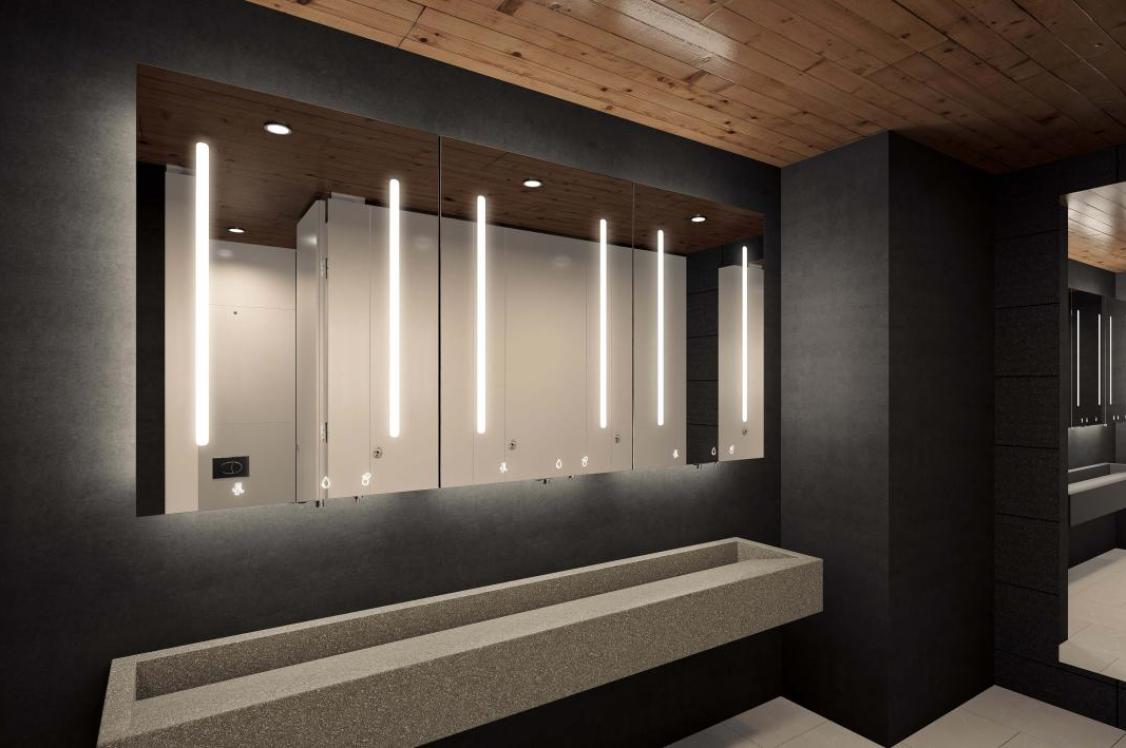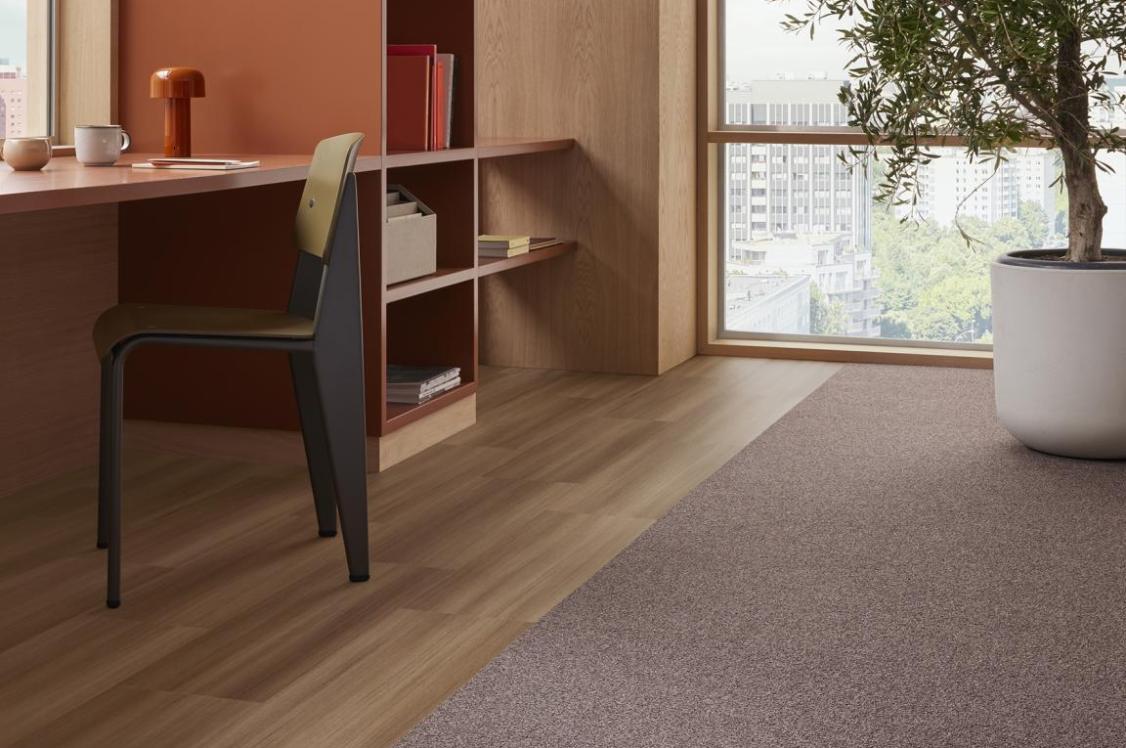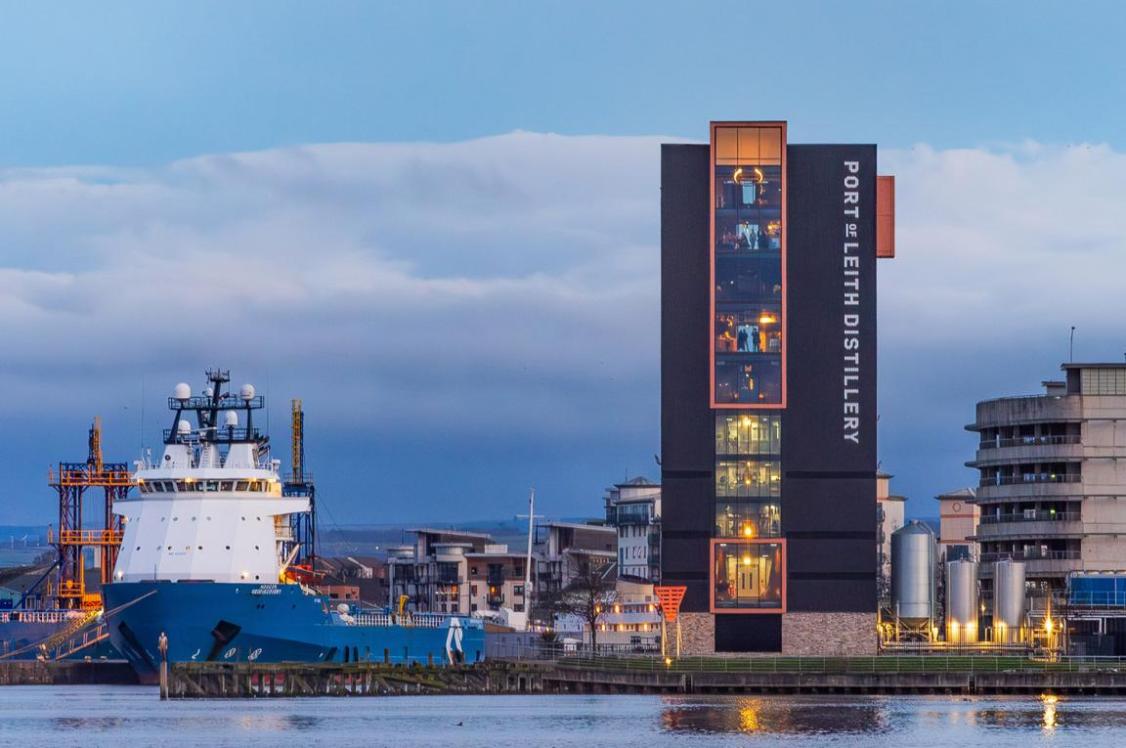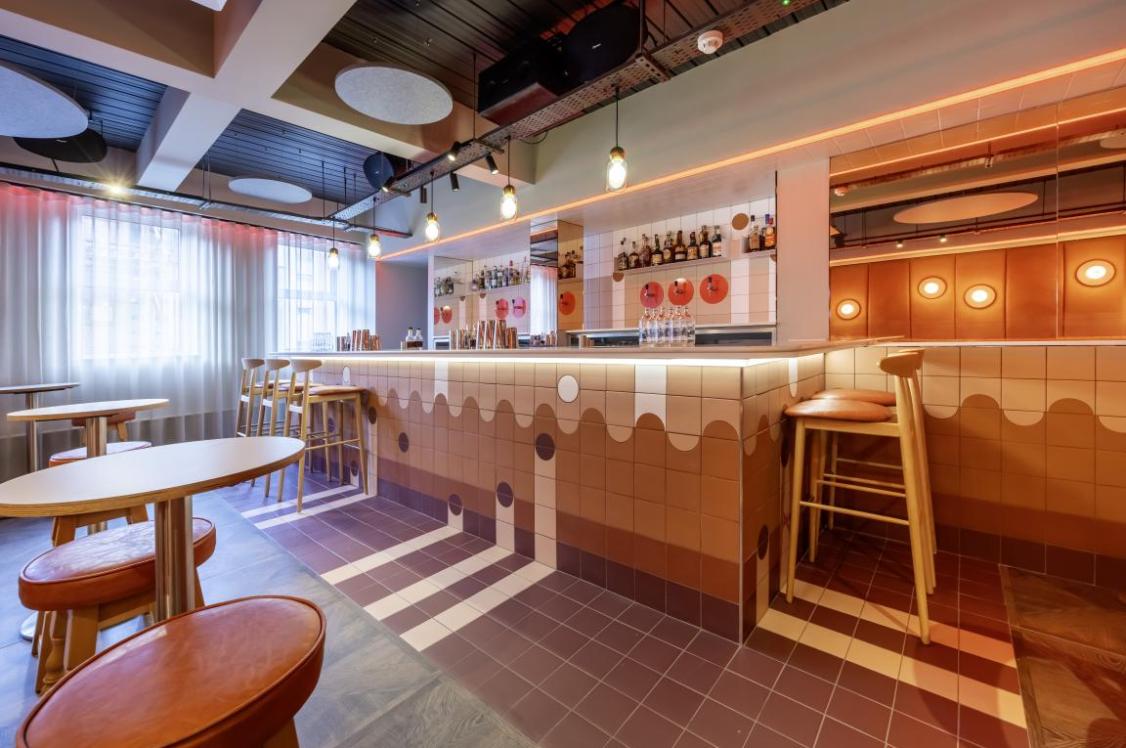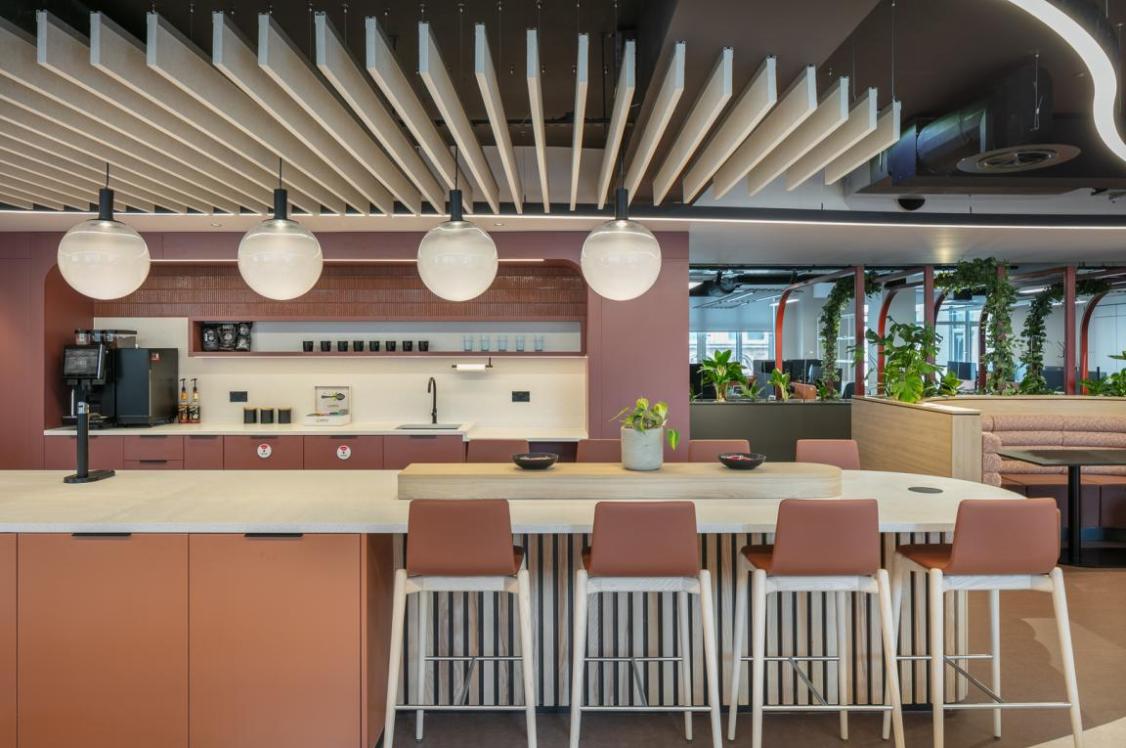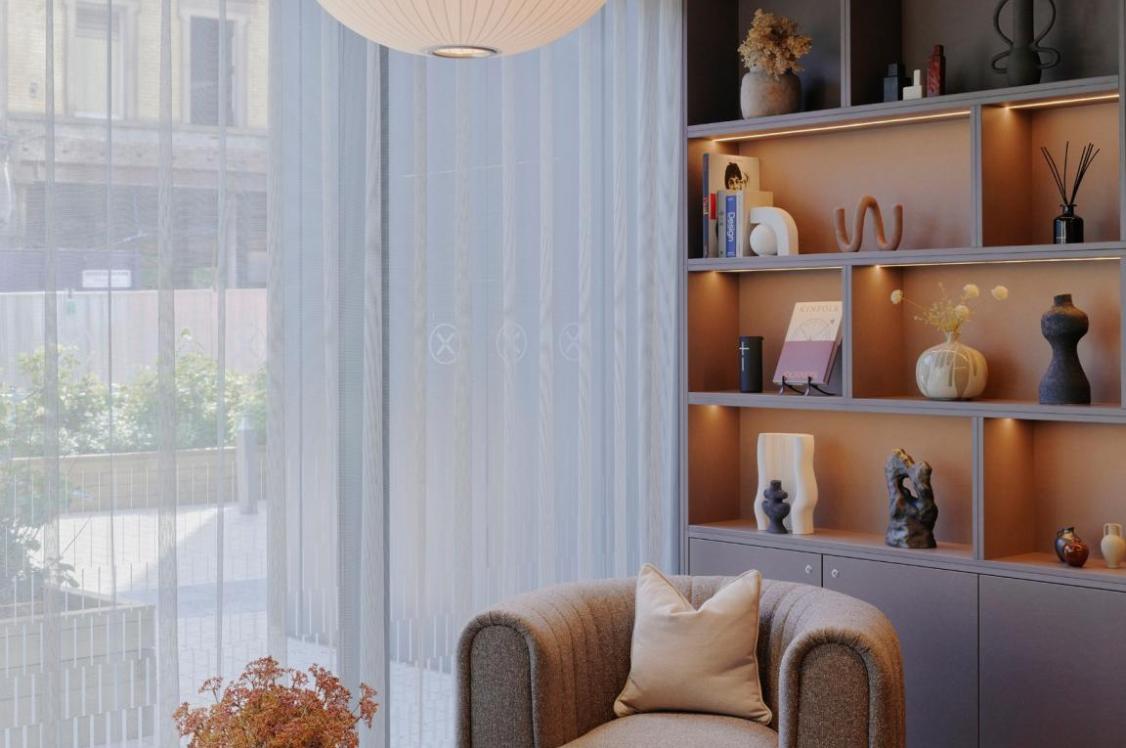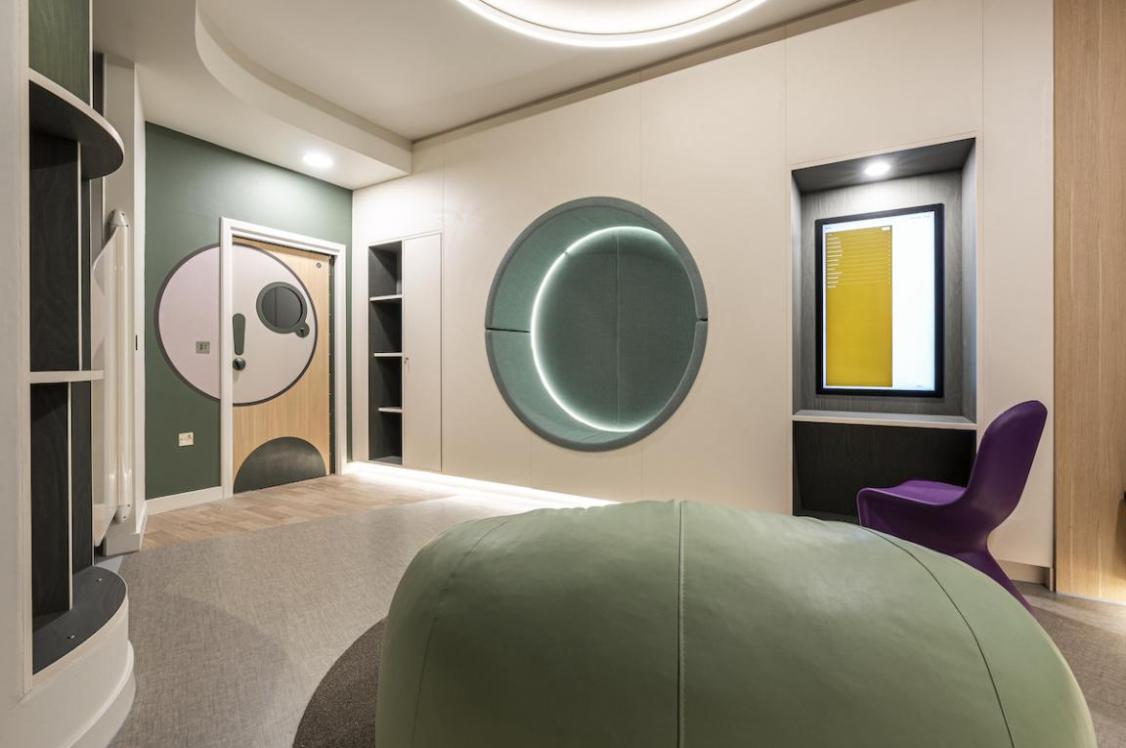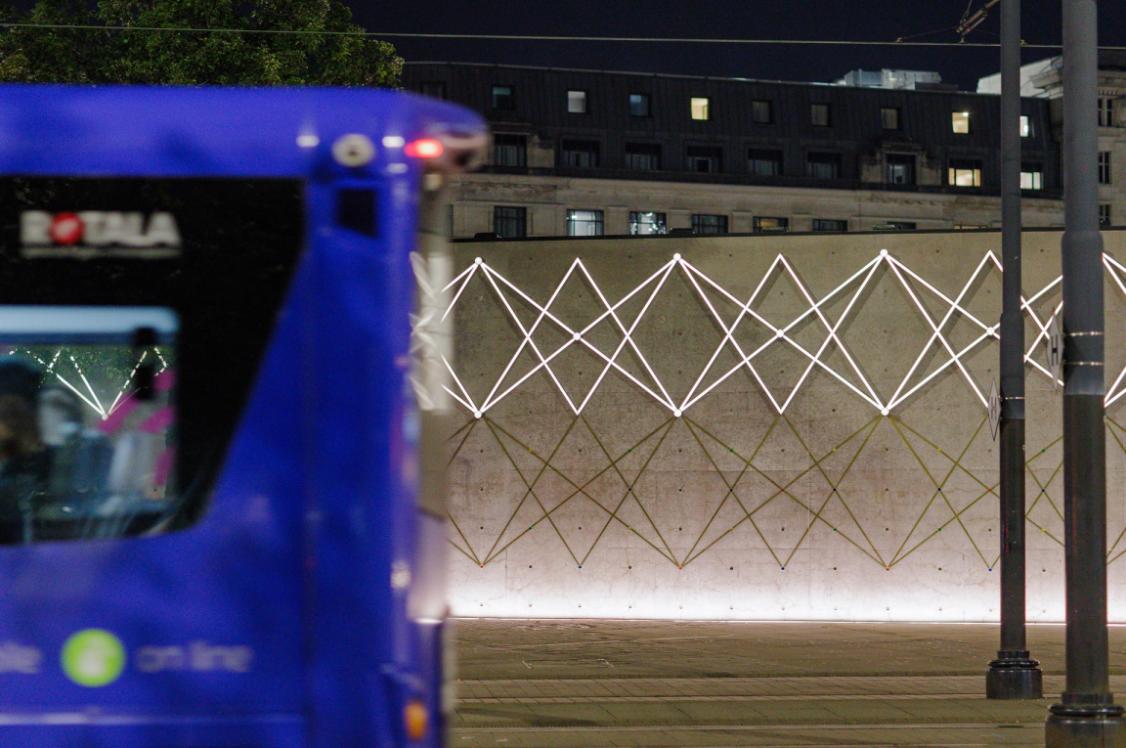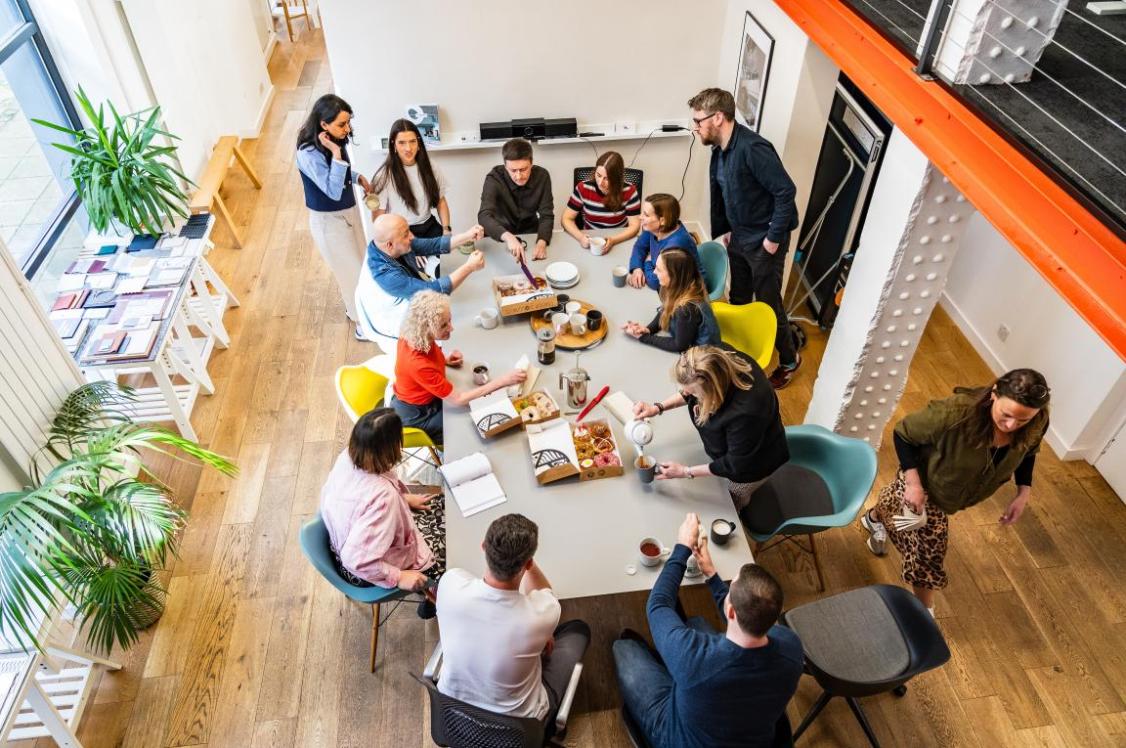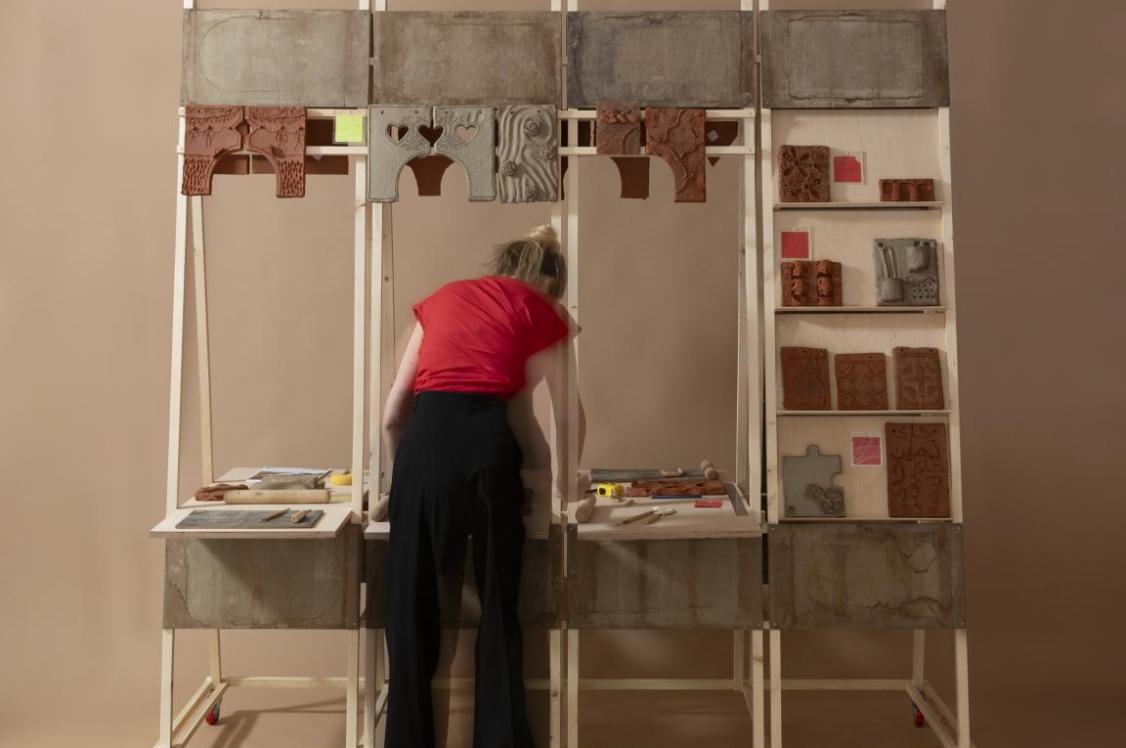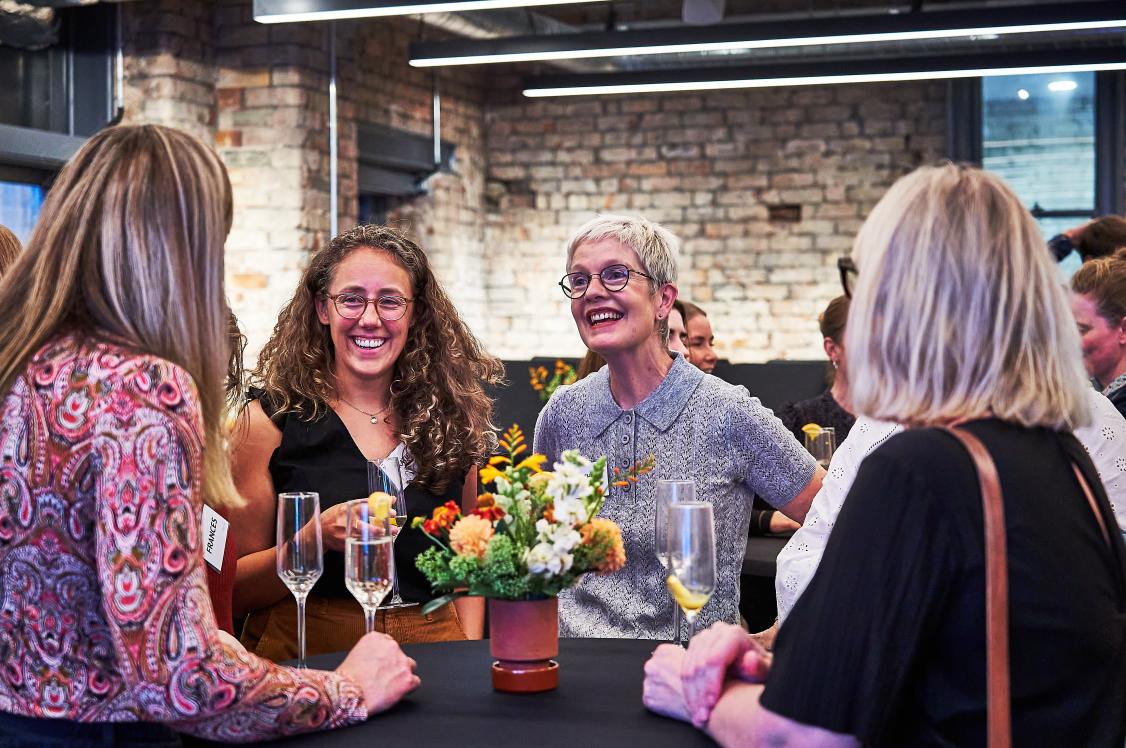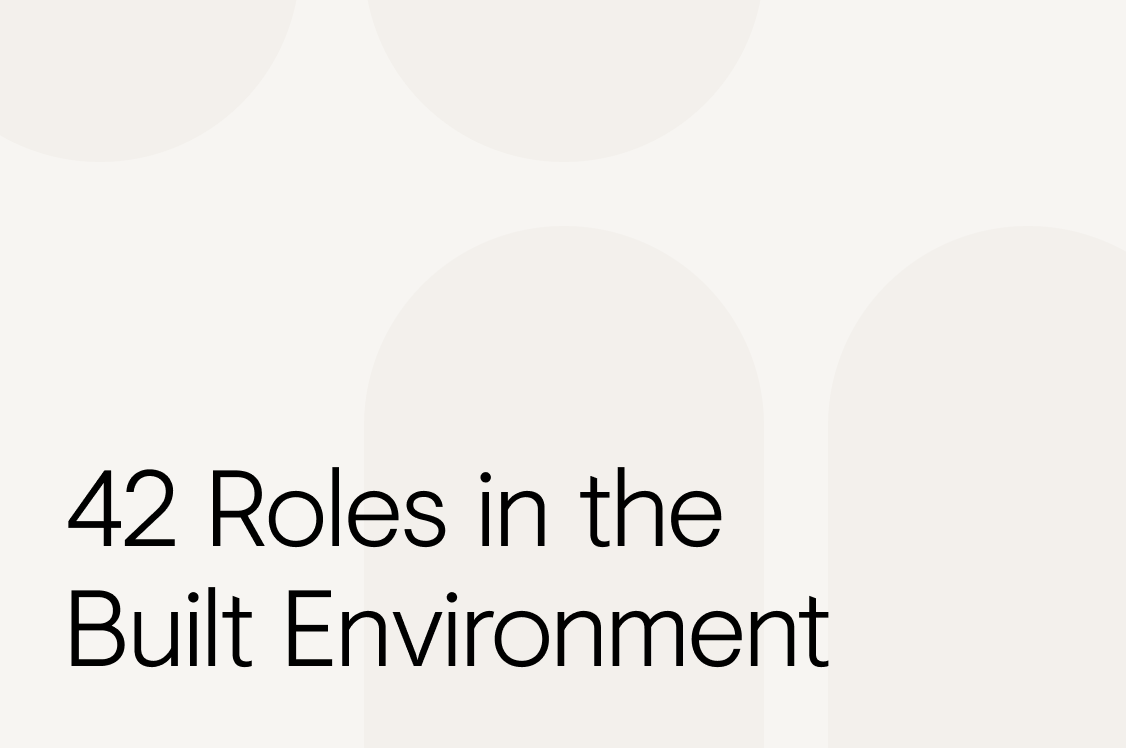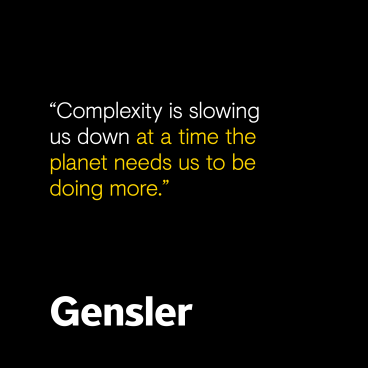Carbon-12: Sheppard Robson.
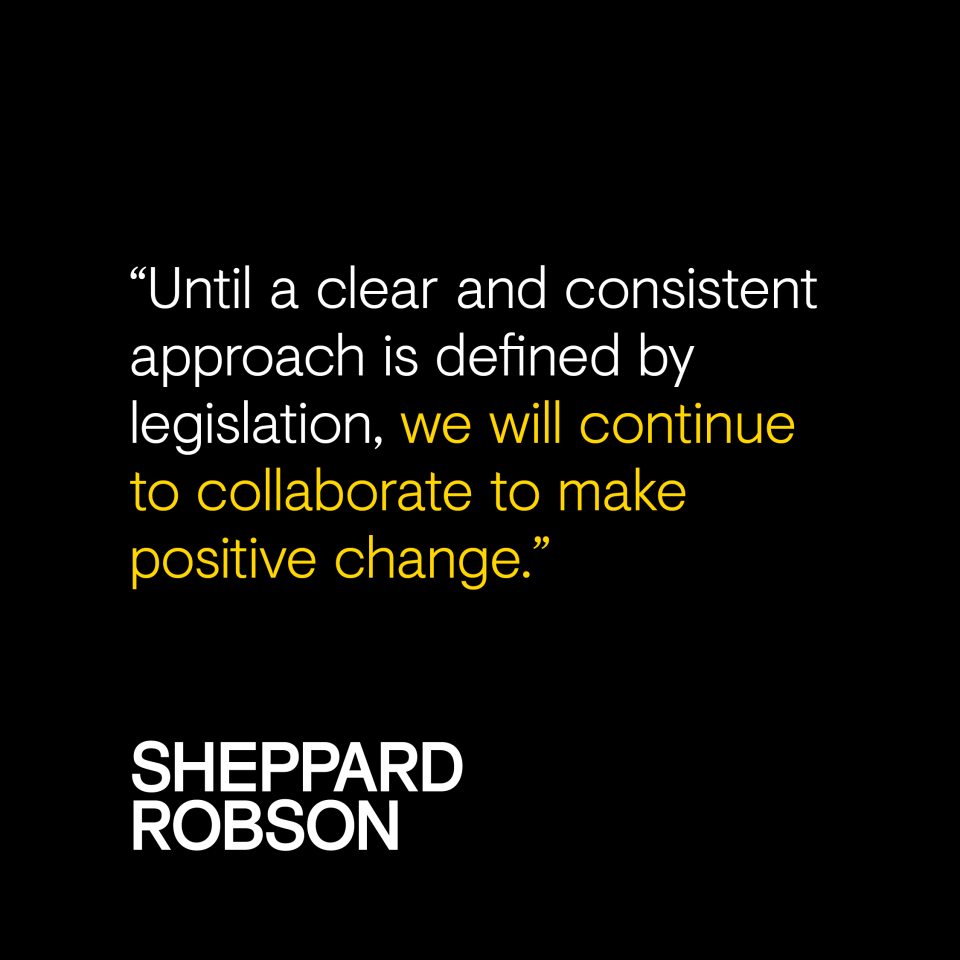
Sheppard Robson is an "ever-evolving collective" of architects, interior designers and masterplanners.
The practice, with offices in Manchester, Glasgow and London, and dedicated interior design specialists ID:SR and AXIS, supports a culture of open exchange.
As part of this, sustainability is a major focus. A growing sustainability group has 45 members, and the team has extensive experience in leading sustainability and wellbeing rated schemes, including industry recognised BREEAM, LEED, WELL Building Standard and SKA Rating. It also has certified Passivhaus designers in-house.
With such a dedicated group effort towards creating more sustainable environments, we were keen to catch up with the Sheppard Robson team to find out more about how lowering carbon emissions plays a role in daily project work.
What is Sheppard Robson's stance on lowering carbon?
"Our approach to design is driven by the fundamental belief that no building, space, or place can be considered well designed if it does not positively contribute to environmental, social, and economic sustainability.
"Design should be informed by science and an ambition to reduce the built environment’s carbon footprint and contribute toward holistic sustainable development, consequently promoting and enabling change in our industry and wider society.
"Our practice’s process is not limited to a single solution or targeting specific green credentials, but instead we are knowledgeable and confident in critically applying innovative, multifaceted approaches to create deliverable and exemplar sustainable solutions.
"Responsible sustainable design requires an informed approach - one that cultivates thought leadership in addition to exemplary results."
Is there a desire from clients to be 'more sustainable' - or is the drive internal?
"Industry leaders are consciously investing in sustainability innovations and contributing to defining future standards. However, there is still a larger proportion of the industry that are following the legislative timeframe.
"As a practice, we are acutely aware of the threat climate change poses, and that the strides we make forward in championing a more positive future have to be done urgently. Our responsibility as an industry is amplified as we consider the already significant environmental changes we are observing globally, and closer to home.
"While recent campaigning has been effective in putting the spotlight on the important guidance and research that is already being done by our industry, it has also highlighted the need for further government action to push climate change mitigation and resilience forward.
"The requirement for more progressive, well-defined legislation regarding the construction industry’s environmental impact is clear. We are vocal in our support of this, through our membership organisations and directly; for example, this was a key part of our response to the government net zero carbon call for evidence in October 2022, listing our statement of support for Part Z, which calls for the regulation of embodied carbon, and our sponsorship of the UK Net Zero Carbon Buildings Standard as an aligned industry definition.
"Until a clear and consistent approach is defined by legislation, we will continue to collaborate to drive forward and realise the opportunities available to make positive change, for the environment and for the communities in which we work.
"We must continue to support our clients – who are increasingly eager to push the boundaries of sustainable innovation - by optimising briefs, guiding understanding, and setting agendas at this critical moment in time."
How will the UK Net Zero Carbon Buildings Standard aid/challenge you?
"We believe the development of this Standard is a positive turning point for our industry for a number of reasons.
"The Standard provides a clear and aligned definition for a net zero carbon aligned building, which we hope will facilitate acceleration in uptake of this ambition. An aligned approach can remove some of the existing ambiguity on this subject.
"It is focused on performance in-use, which will support more realistic design modelling and close the performance gap. We hope this will aid the wider uptake of post occupancy and building performance evaluations.
"The significant industry collaboration and investment into this Standard demonstrates the industry’s need for and support of clear, aligned and progressive definition in this subject to government.
"We must also look at the wider industry context: tight programmes and low fee levels continue to be an issue for the built environment, and these combined with the iterative modelling and high collaborative approach required to reach ambitious reductions in energy use and embodied carbon will be challenging."
Can you tell us about some of the low carbon projects you've worked on/are working on?
"The Ev0 Building is designed to be one of the UK’s lowest carbon new build workspaces. Situated at Didsbury Technology Park in South Manchester, the £31m development will provide 82,000ft2 of sustainable office space, leading Manchester’s workspace offering towards a net zero future.
"The project is targeting the LETI 2020 design target for upfront carbon, the RIBA 2025 performance targets for whole life carbon, and the UKGBC Paris Proof target for operational energy use. It is following the UK Green Building Council’s (UKGBC) net-zero carbon framework and is targeting net-zero carbon in upfront carbon and in operation.
"Ev0 is targeting NABERS 5.5* and BREEAM Excellent. The façade will minimise solar gain and overheating on the south and westerly elevations and maximise solar gain on the north and east elevations. Energy will be generated on-site, including the building façades, roof, and car park, all acting as a series of mini power plants.
"The development will use restricted carbon materials such as low-carbon concrete and mass timber. In addition, an intelligent building management system will ensure space management is effective, reducing running costs."
What's your hope for the future?
"We hope that regulation of whole life carbon is put in place soon. This would provide consistency and certainty for the industry and supply chains, to aid investment into upskilling and decarbonising.
"On a similar note, there is a need for greater consistency in sustainability reporting requirements for businesses. There is a plethora of mandatory and voluntary standards and having improved equivalence between these would allow effort to be focused on improvement instead of merely disclosure.
"In the future, we hope that we are able to rapidly improve the transparency in supply chains to gain better understanding of and therefore can better measure and improve the wider impacts of the construction industry.
"We also need to recognise the intrinsic value of a healthy and equitable society and how this can be embedded as central to the transition to a low carbon economy.
"At the heart of the issues is underlining the importance of respecting our natural surroundings and better integrating these into urban locations. Truly embracing this mindset will help us move the dial towards these high standards being the norm!"
Sheppard Robson's views are shared as part of the Carbon-12 installation at Material Source Studio Manchester & Glasgow. Visit us to discover more.




